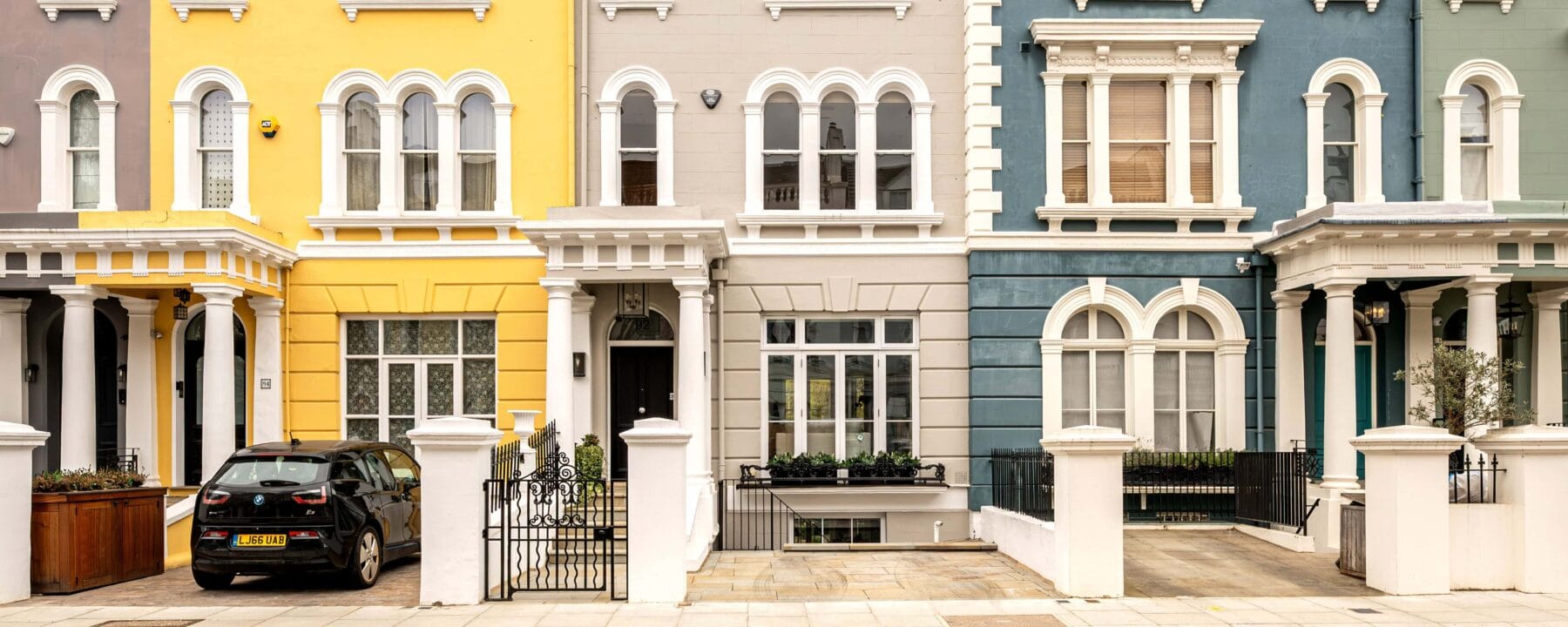
From policy shock to property strategy: navigating the Reeves reversal
Curated by OB Private, Crafted for You
After more than two decades advising clients in Prime Central London, one thing has become clear: the truth in real estate rarely lies in the headlines. It lives in buyer behaviour, pricing trends, and the calibre of deals happening quietly behind closed doors. And right now, despite economic and political noise, the signals in Notting Hill are strengthening.
Across the flat market, we’re witnessing a rare moment of alignment. Sellers have become more realistic on price, and motivated buyers are stepping back into negotiations. While much of Prime Central London remains tentative, Notting Hill stands out: the right properties are attracting attention before they ever reach the open market.
This resilience plays out against the backdrop of a deeply disruptive policy shift. In April, Labour’s decision to impose 40% inheritance tax on worldwide assets for non-domiciled individuals triggered a dramatic outflow of global capital. Wealth has moved swiftly from the UK to Milan, Monaco, the UAE — a mass exodus we haven’t seen in years. And now, reports suggest Chancellor Rachel Reeves may be considering a reversal. But for many, the damage is already done.
This is, without exaggeration, the most impactful policy event I’ve seen in my career — surpassing even stamp duty surcharges and capital gains tax reform. The response has been immediate, visceral, and deeply destabilising.
Yet amid the chaos, some buyers have acted with conviction – and, in my view, brilliance. They’ve bought at the bottom, with the foresight to understand that today’s uncertainty could be tomorrow’s opportunity. If the rumours of a U-turn prove true, and interest rates continue to fall, those early movers may be the ones who timed it perfectly.
Zoom out and the story becomes more compelling. London’s downturn is cyclical, not structural. Since 2000, average prices for two-bedroom flats in Greater London have climbed 70%, and three-beds by 135%. In Notting Hill, the rise has been even sharper – 140% and over 165% respectively for best-in-class homes. All of this, despite economic shocks, political upheaval, and multiple tax reforms.
What we’re seeing now is not collapse – it’s recalibration. The smart money isn’t sitting on the sidelines. It’s seeking value where others see volatility, negotiating leverage, and backing long-term fundamentals.























